Slovenia chooses new president
Slovenians were choosing a new president Sunday to replace their longtime leader Janez Drnovšek.
Sunday, 21.10.2007.
14:18

Slovenians were choosing a new president Sunday to replace their longtime leader Janez Drnovsek. The vote comes just two months before the country is to take over the rotating European Union presidency. Slovenia chooses new president Seven candidates are running to replace Drnovsek, who has decided he has had enough of politics. The prime minister since 1992, shortly after Slovenia gained independence from Yugoslavia, he became president in 2002. In 2004, the nation of 2 million joined the EU and NATO. The front-runner for the five-year term is Lojze Peterle, 59, a conservative member of the European parliament. He is campaigning as an independent but is supported by Prime Minister Janez Jansa's center-right government. He has had a clear lead in surveys, but they show him with only about 28 percent support, and a runoff in two weeks' time appears likely. The winner must obtain over 50 percent of the vote. Peterle, who was the country's first prime minister and served later as foreign minister, has campaigned as "The Right Man" for Slovenia, one versed in both domestic and foreign policy. Peterle also made an effort to appeal to leftist voters. "We, Slovenians, can be different, but we should try not to be divided when it comes to important issues," Peterle told The Associated Press on a sunny Sunday morning, walking with his son through a crowded antique fair in downtown Ljubljana. If he wins, he said, he would have "cooperative, not competitive" relations with the premier. Peterle's election would suit Jansa and could help strengthen his shrinking popularity. Jansa and Drnovsek — who became a kind of spiritual leader when diagnosed with cancer a few years ago — often publicly disagreed, creating tensions. Trailing with 15-17 percent of the vote each are Danilo Tuerk, 55, who was Slovenia's ambassador to the UN and is a former U.S. assistant secretary-general; and Mitja Gaspari, 55, a former Central Bank governor credited with the country's smooth adoption of the euro in January. Officially independent, each is backed by a different center-left opposition party. A dark horse is Zmago Jelincic, one of the rare nationalists in Slovenian politics, whose rating in polls has risen to 10 percent. The 59-year-old now supports Slovenia's EU membership, but wants it out of NATO. Often verbally aggressive toward Croatians, the Roma and left-leaning parties, Jelincic claims to be the sole fighter for the national interest. In the 2002 election, he was eliminated in the first round with 8.5 percent of the vote. Andrea Anzin, a 28-year-old sociologist, said that "none of the three leading candidates is an extremist — and that's important in the times we're living in." None of the candidates is expected to alter Slovenia's ties with either Europe or Washington. The president's powers are largely ceremonial, although the job carries some influence in foreign and defense matters. Slovenia opposed the U.S.-led war in Iraq and refused to send troops. It now has four instructors training Iraqi police. Economically, Slovenia ranks among the developed EU members. Its GDP per capita was EUR 15,000 in 2006 — similar to that of Greece. Economic growth was 5.7 percent in 2006, unemployment about 7 percent, and the average gross monthly salary is EUR 1,280. About 1.8 million people are eligible to vote. About 3,000 polling stations opened at 7 a.m. and were to close 12 hours later. First official results are expected at about 9 p.m. About 17 percent of voters had cast their ballots by 11 a.m. Three other candidates — 36-year-old independent Elena Pecaric; Youth Party member Darko Krajnc, 32; and Monika Piberl, 57, who is supported by several women's rights groups — are not expected to garner many votes.
Slovenia chooses new president
Seven candidates are running to replace Drnovšek, who has decided he has had enough of politics. The prime minister since 1992, shortly after Slovenia gained independence from Yugoslavia, he became president in 2002. In 2004, the nation of 2 million joined the EU and NATO.The front-runner for the five-year term is Lojze Peterle, 59, a conservative member of the European parliament. He is campaigning as an independent but is supported by Prime Minister Janez Jansa's center-right government.
He has had a clear lead in surveys, but they show him with only about 28 percent support, and a runoff in two weeks' time appears likely. The winner must obtain over 50 percent of the vote.
Peterle, who was the country's first prime minister and served later as foreign minister, has campaigned as "The Right Man" for Slovenia, one versed in both domestic and foreign policy. Peterle also made an effort to appeal to leftist voters.
"We, Slovenians, can be different, but we should try not to be divided when it comes to important issues," Peterle told The Associated Press on a sunny Sunday morning, walking with his son through a crowded antique fair in downtown Ljubljana.
If he wins, he said, he would have "cooperative, not competitive" relations with the premier.
Peterle's election would suit Jansa and could help strengthen his shrinking popularity. Jansa and Drnovšek — who became a kind of spiritual leader when diagnosed with cancer a few years ago — often publicly disagreed, creating tensions.
Trailing with 15-17 percent of the vote each are Danilo Tuerk, 55, who was Slovenia's ambassador to the UN and is a former U.S. assistant secretary-general; and Mitja Gaspari, 55, a former Central Bank governor credited with the country's smooth adoption of the euro in January. Officially independent, each is backed by a different center-left opposition party.
A dark horse is Zmago Jelincic, one of the rare nationalists in Slovenian politics, whose rating in polls has risen to 10 percent.
The 59-year-old now supports Slovenia's EU membership, but wants it out of NATO.
Often verbally aggressive toward Croatians, the Roma and left-leaning parties, Jelincic claims to be the sole fighter for the national interest. In the 2002 election, he was eliminated in the first round with 8.5 percent of the vote.
Andrea Anzin, a 28-year-old sociologist, said that "none of the three leading candidates is an extremist — and that's important in the times we're living in."
None of the candidates is expected to alter Slovenia's ties with either Europe or Washington. The president's powers are largely ceremonial, although the job carries some influence in foreign and defense matters.
Slovenia opposed the U.S.-led war in Iraq and refused to send troops. It now has four instructors training Iraqi police.
Economically, Slovenia ranks among the developed EU members. Its GDP per capita was EUR 15,000 in 2006 — similar to that of Greece. Economic growth was 5.7 percent in 2006, unemployment about 7 percent, and the average gross monthly salary is EUR 1,280.
About 1.8 million people are eligible to vote. About 3,000 polling stations opened at 7 a.m. and were to close 12 hours later. First official results are expected at about 9 p.m.
About 17 percent of voters had cast their ballots by 11 a.m.
Three other candidates — 36-year-old independent Elena Pecaric; Youth Party member Darko Krajnc, 32; and Monika Piberl, 57, who is supported by several women's rights groups — are not expected to garner many votes.











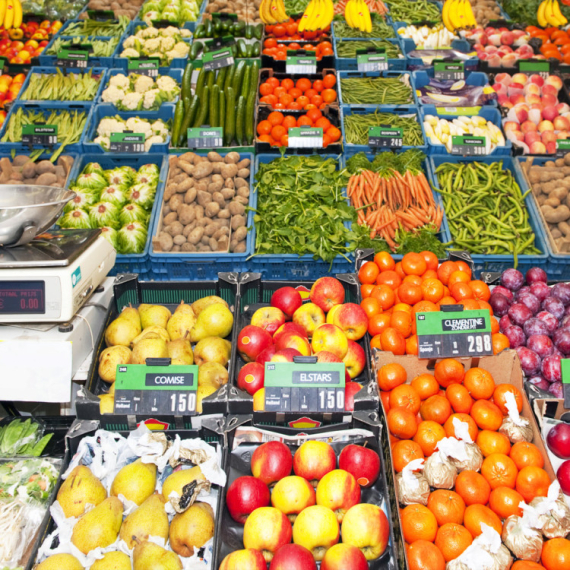
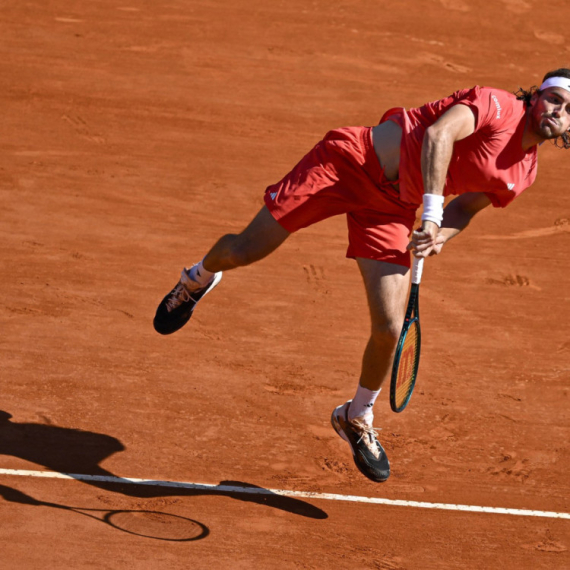
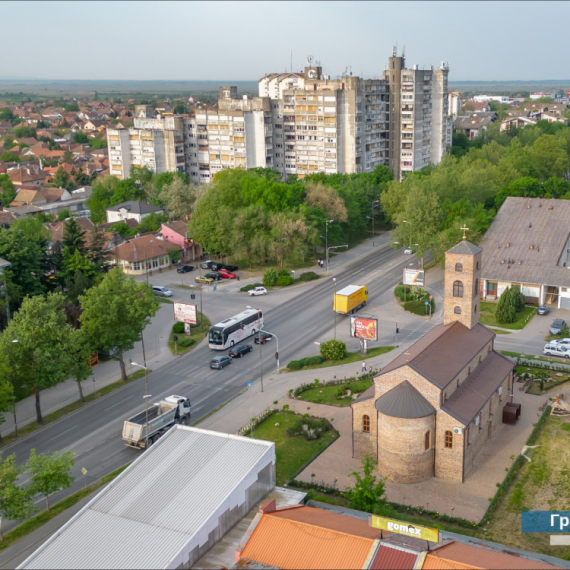
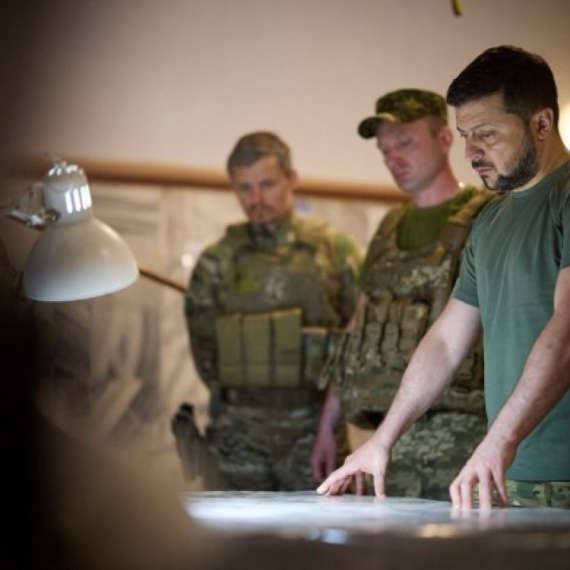
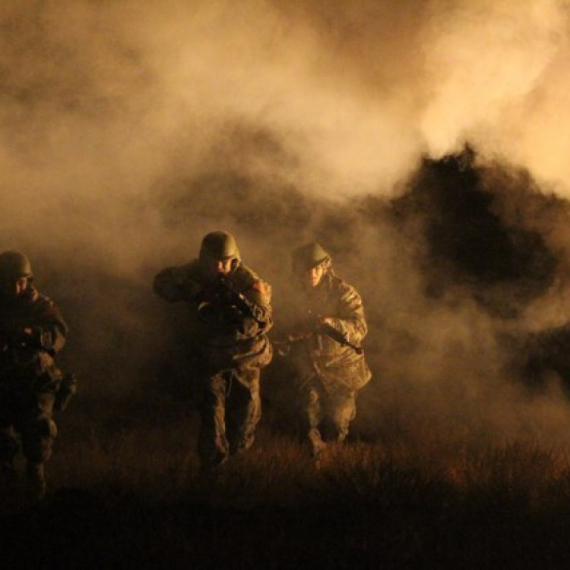
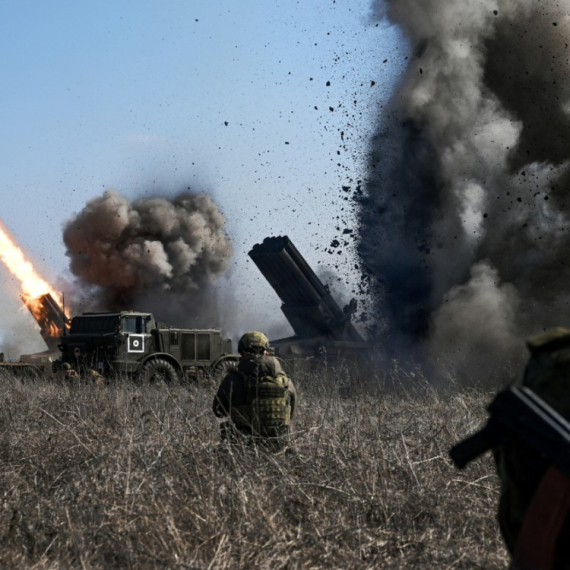
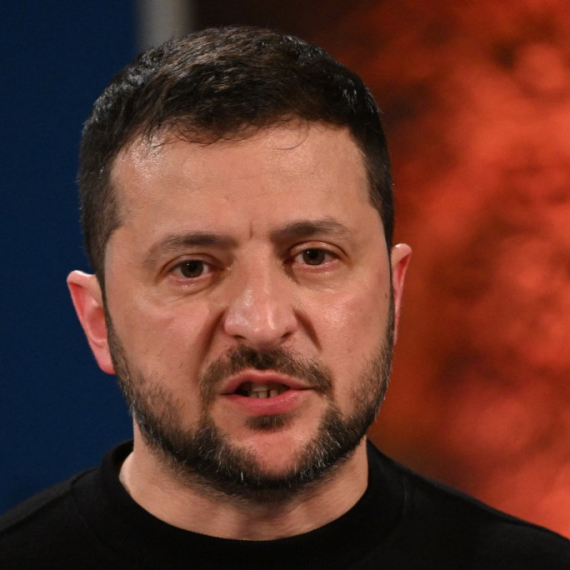
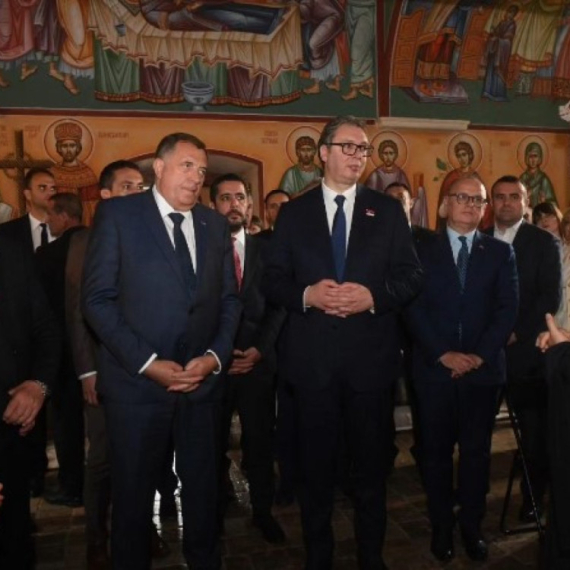
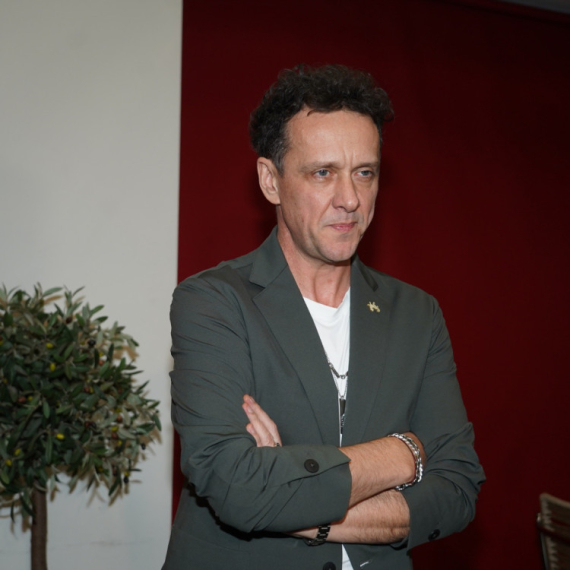
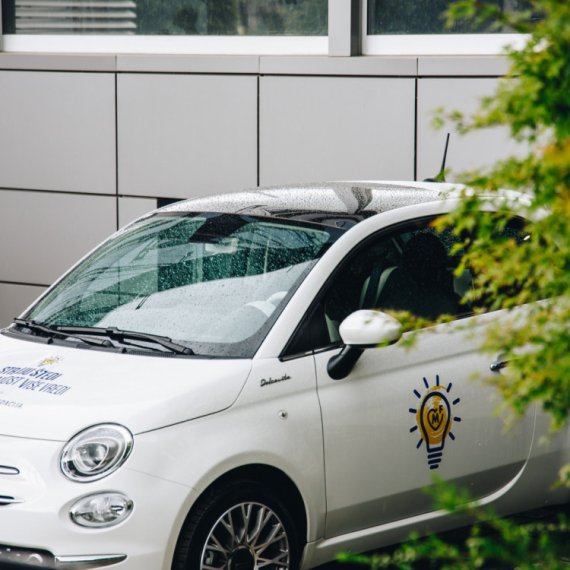
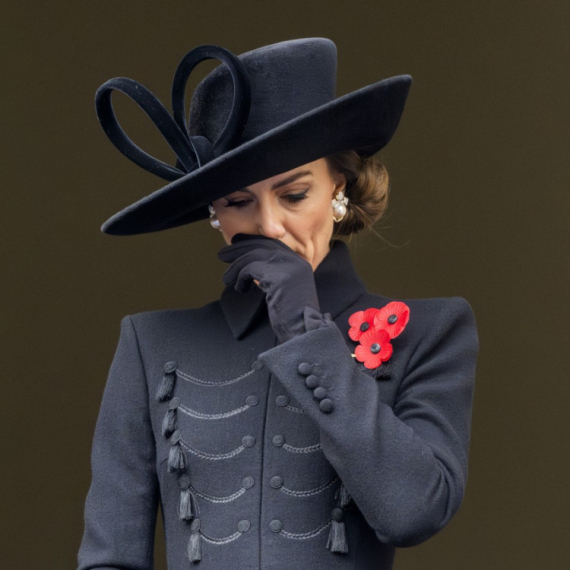

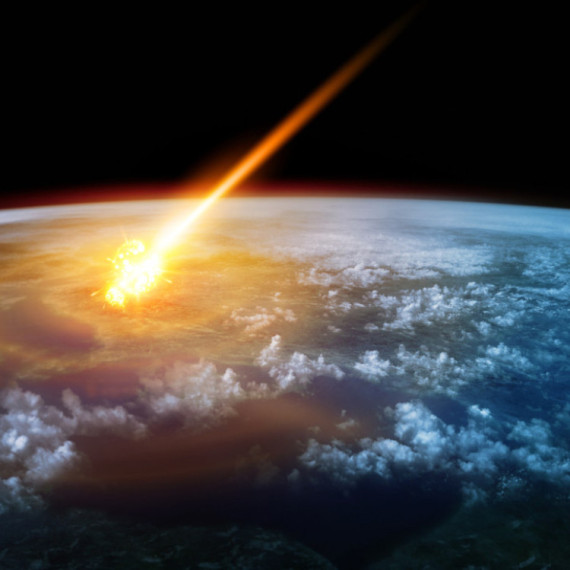











Komentari 0